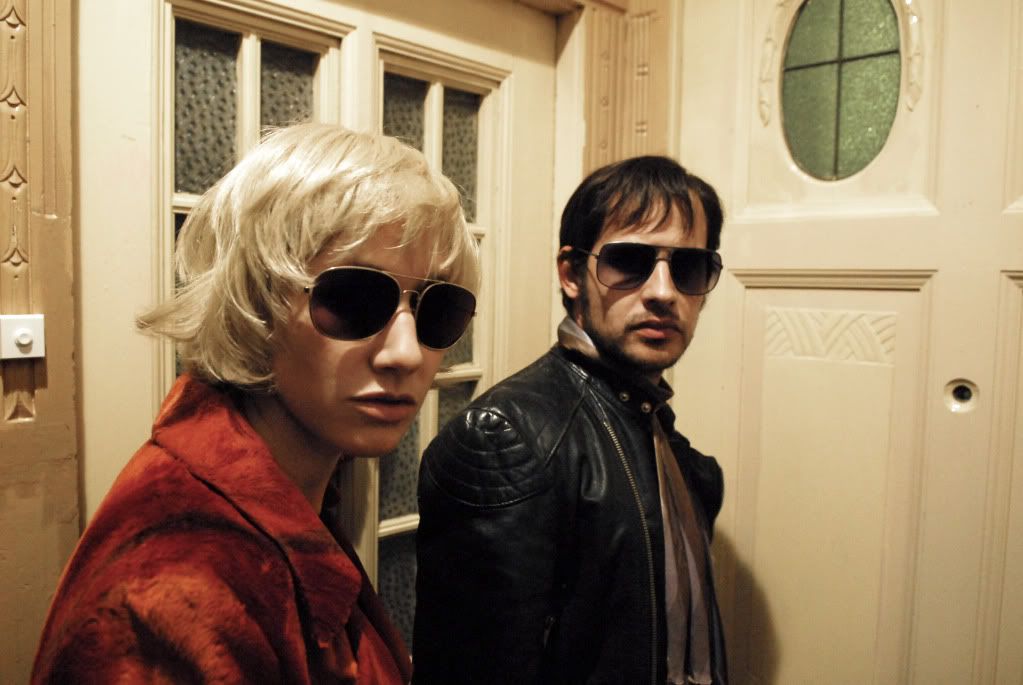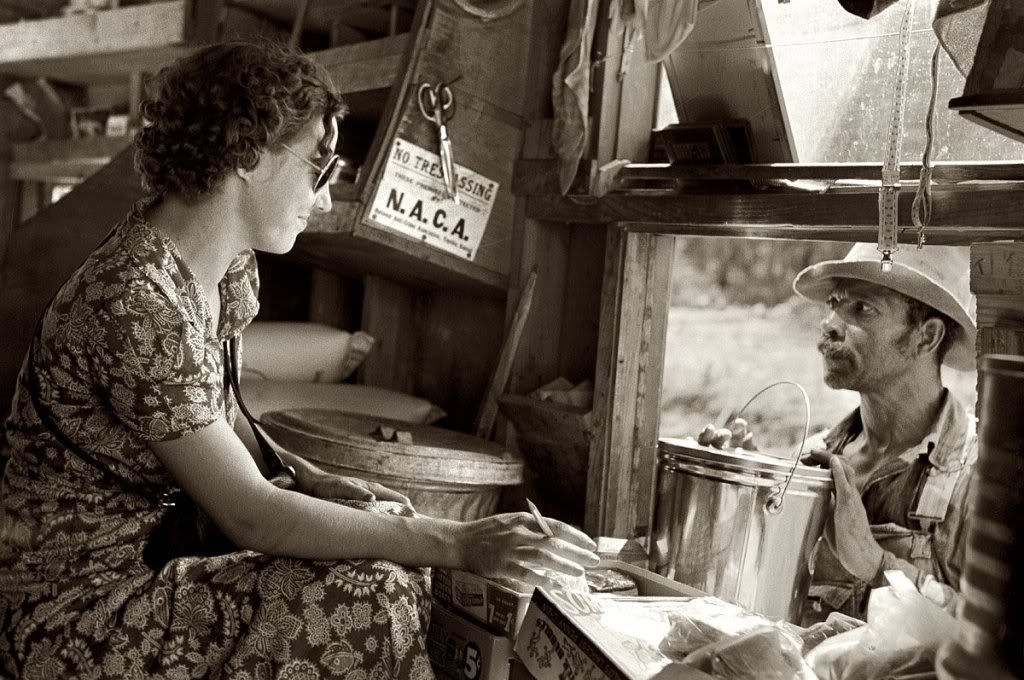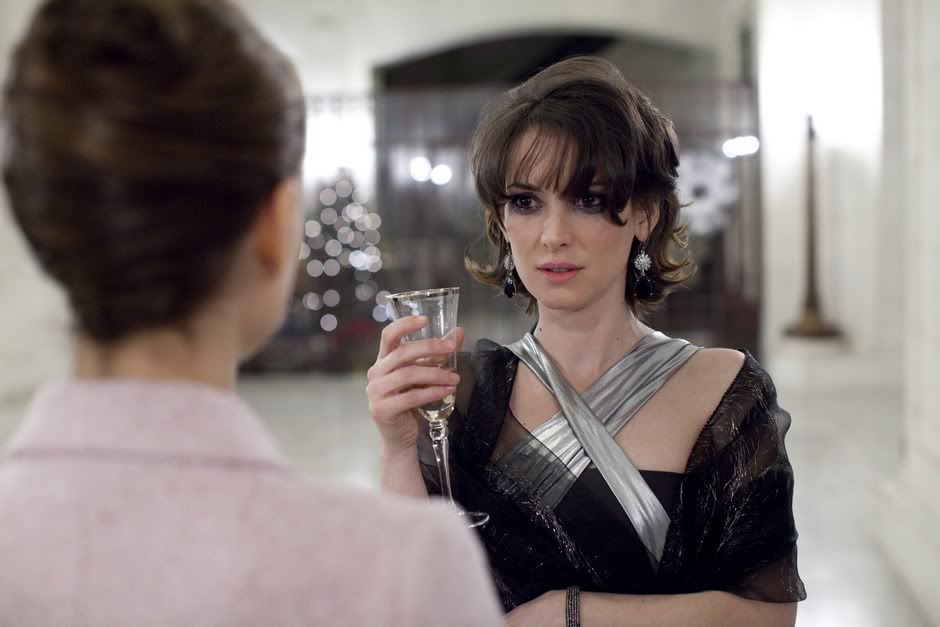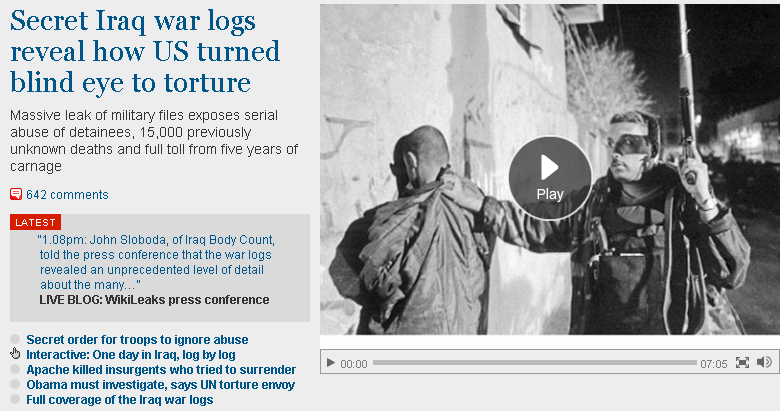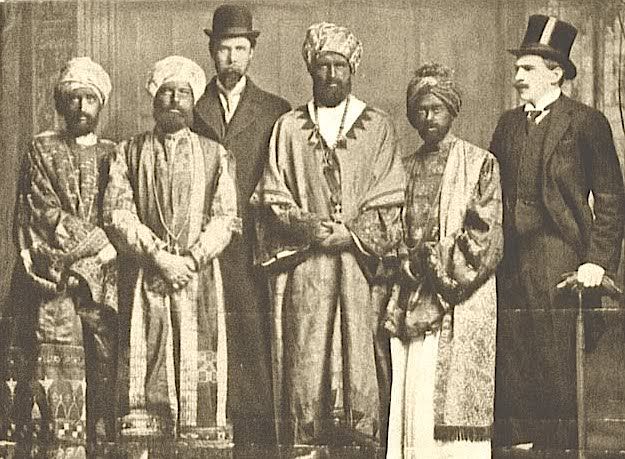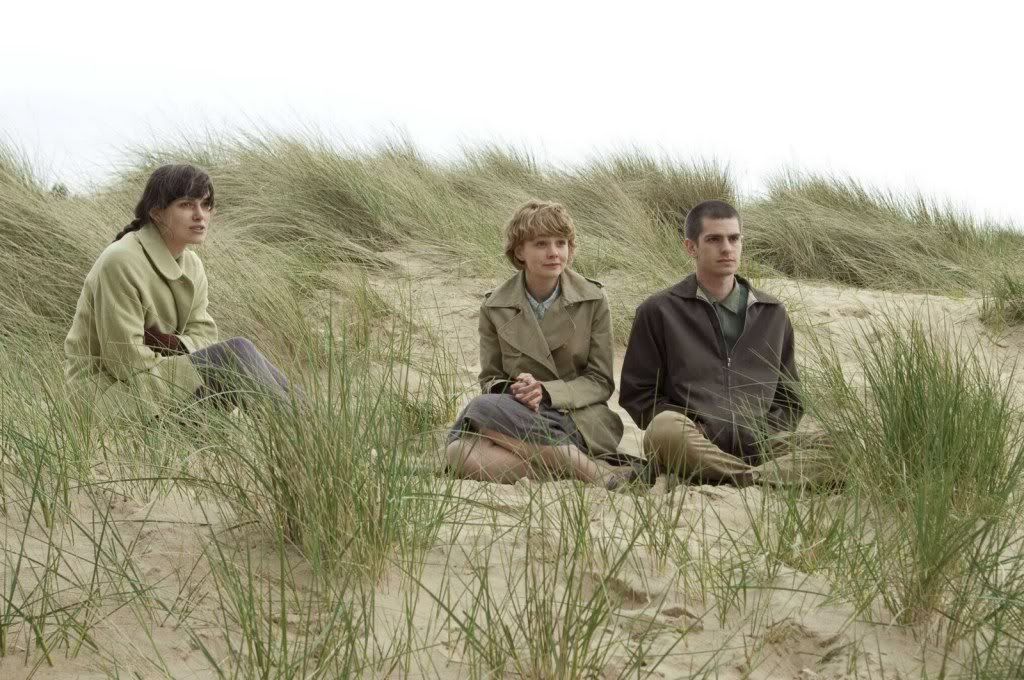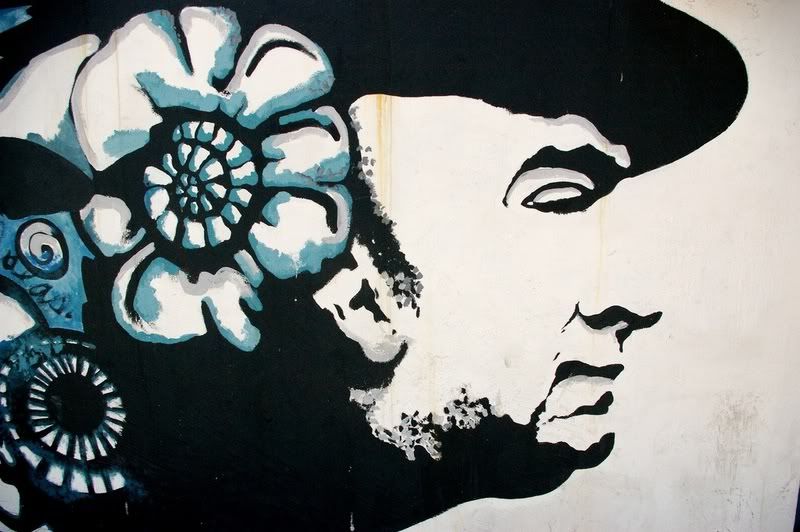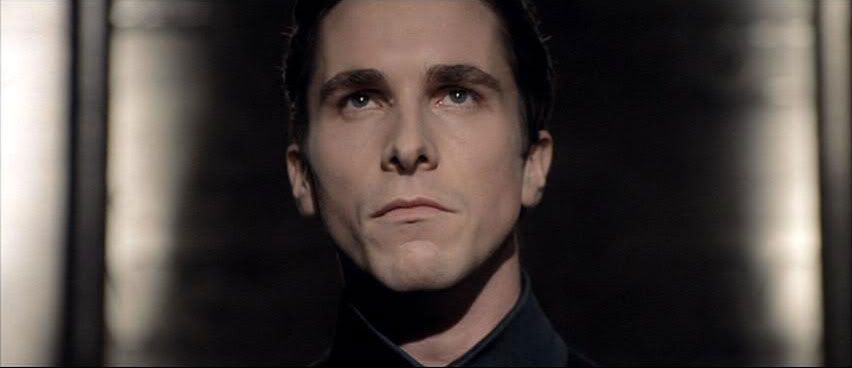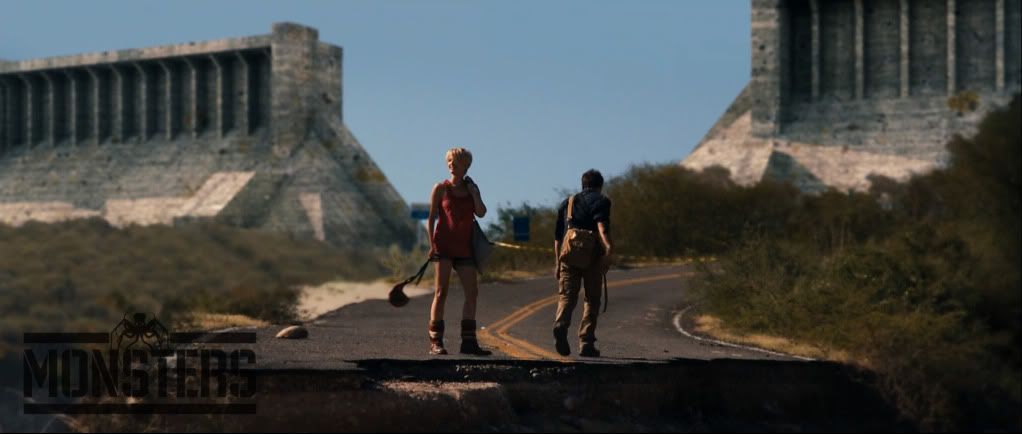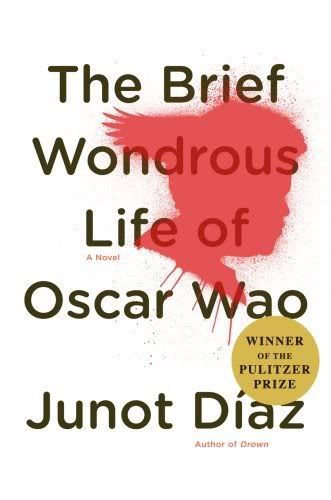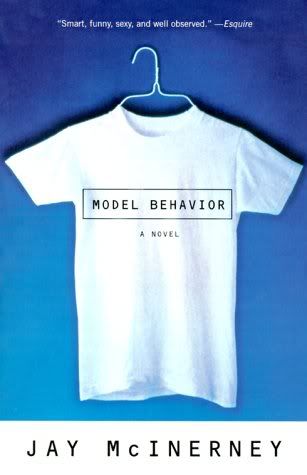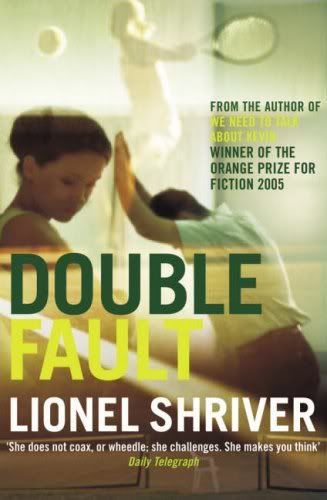
2010 has been a good year for discovering bands I never paid attention to before, or discovering parts of their catalog I never bothered to. All of the artists on this list have been around for at least 5 years, and usually much, much longer. I'll try and explain a little about the cause of the delay, and a bit more about why it's worth your while to check these bands out for the first time if you haven't heard them, or for the second time if you'd dismissed them.
Welcome to Part I, about the evergreen Oldies.
TOM PETTY AND THE HEARTBREAKERS
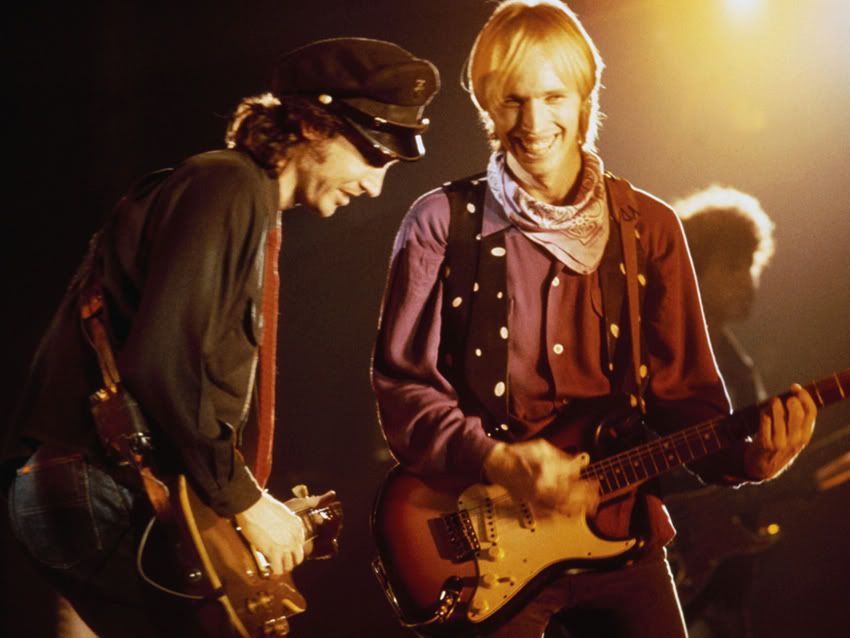
Tom Petty had two massive massive hits in the 1980's: Free Fallin' and Don't Come Around Here No More. Both videos were mainstays on MTV and VH1, especially the latter, with its creepy interplay between Tom Petty's Mad Hatter and little Alice. I liked it, but I admit that I was not too hot on Free Fallin'; I always thought it was a pretty annoying song, and it was ALWAYS on the radio. I knew that Tom Petty was in the Traveling Wilbury's, the legendary folk supergroup.
Then, earlier this year, I can't remember where, when, or how, but I came across an early track of theirs called American Girl. Now, when I heard this song, I thought, is this Razorlight? Or some other generically awful British indie-garage band?
I went to my friend Google, and lo! It was Tom Petty and the Heartbreakers, recorded in 1977! The Strokes actually admitted to ripping off the guitar riff for their first hit, Last Nite. So I was intrigued, how such a quintessentially American band basically invented this genre that's come to be identified with British indie-pop, and I dug deep into their catalogue.
The first thing I noticed was how many more songs I recognized than I thought. Great rock and roll like Refugee and I Need to Know, more sultry stuff like Mary Jane's Last Dance (which Red Hot Chilli Peppers admitted to ripping off, and I don't mind pointing out that the Hives also ripped off a riff in THEIR biggest hit).
The second thing I noticed, and what really impressed me, is how diverse their sound is. So go check them out, and forget Free Fallin'.
Recommended Tracks: American Girl, Mary Jane's Last Dance, Listen to her Heart
BIG STAR

You may not recognize the name, but you definitely know one of their songs: the rollicking theme song to That 70's Show! Don't go by that though, that song is a bit of an anomaly in their sound.
I first came across Big Star years and years ago, in the midst of my obsession with the Bangles, who did a fantastic cover of September Gurls. I checked out the original Big Star recording then and there, but didn't like it nearly as much as the cover, so I kind of ignored the band (unfair, as the Bangles have done tons of covers that are better than the originals, but those songs don't always represent the original band at their best. See Simon/Garfunkel's Hazy Shade of Winter).
They came back into the news this March when lead singer/guitarist Alex Chilton died, just days before he was meant to reunite with the band at SXSW. A lot of musicians and media personalities I admire published extremely personal memories about how they came across Big Star and what the band meant to them. And so it was time for me to give them a second chance.
The band were a very minor act in the 1970's, and only came to be known when REM and other popular bands promoted them heavily on college radio in the 1980's. Their sound was a mix of sentimental acoustic numbers (like fan favorite Thirteen) and their particular brand of melodic, jangly guitar rock and roll. Combining elegant harmonies with strong lyricism, they are considered today one of the most influential bands of all time.
Recommended Tracks: O Dana, Give Me Another Chance, September Gurls, Ballad of El-Goodo
BRUCE SPRINGSTEEN
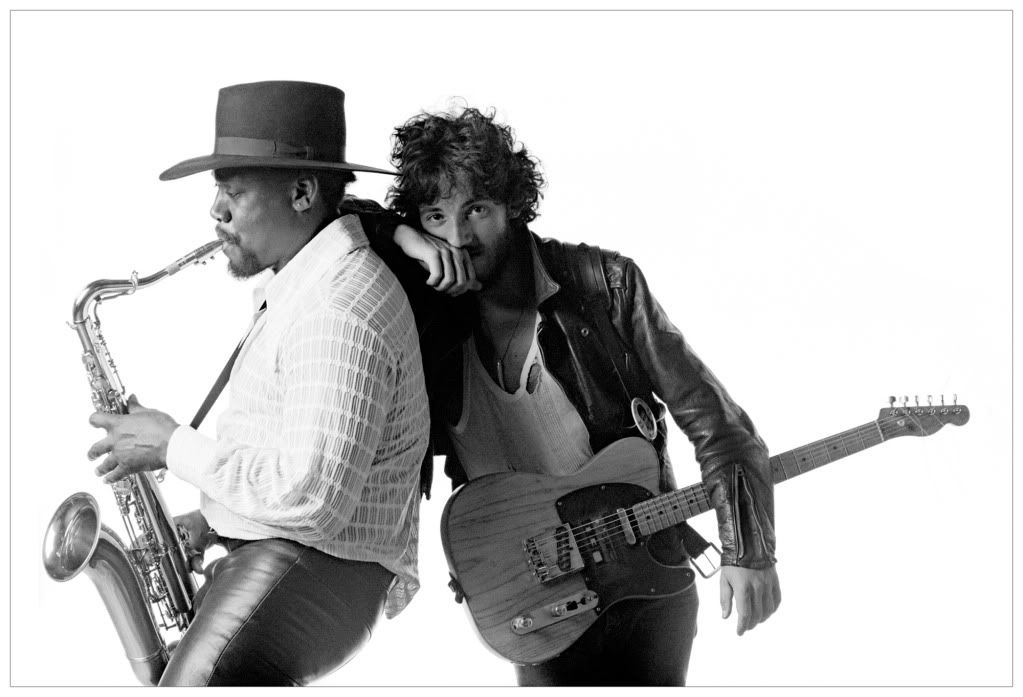
Like most people today, I have a healthy amount of disdain for Bruce Springsteen's 80s output (apart from Dancing in the Dark, which I've loved since I was a kid).
While I know that Born in the U.S.A. is the exact opposite of a patriotic song, it still leaves a Reaganite bad taste in my mouth (probably owing to the fact that then as in now, Republicans have no sense of irony.)
But as I've posted elsewhere, I'm On Fire is one of my favorite songs of all time, and I kept thinking, how could a man who has written one of my favorite songs not have written other songs I could fall in love with?
So in I went, into the catalogue. I get the working class appeal of his 1970's output, and how inspiringly raw those performances must have been live. I learned that he was the one who turned Patti Smith's Because the Night into something timeless, as she was trying to record it in the next studio but just couldn't get it right. But I admit, what really moved me is some of the stuff he did in the 1990s that came and went before I became musically aware, and weren't successful enough to be modern radio mainstays. I think everything he did in the 1990's is absolutely worth revisiting, but especially the album
The Ghost of Tom Joad.
Recommended Tracks: The Ghost of Tom Joad, Streets of Philadelphia, The Rising
DUSTY SPRINGFIELD

We all know Son of a Preacher Man. It's possible you hated it. I certainly did. I did not for even a moment understand the appeal of Dusty Springfield as I only knew that song. But she was MASSIVE in her day, with 18 top ten singles in the US alone in the 1960's. Yet the only song that's really made it into modern memory is the aforementioned. That and Wishin' and Hopin', which is even worse.
I became curious again when I learned that she was one of the main singers that Carole King wrote for before launching her own career. I heard Dusty's version of You've Got A Friend, and suddenly I understood everything. That voice. It's so unique. She had also done the original version of Bacharach's Look of Love, which had been outshined by numerous covers afterward.
Many of her songs are a little slow for my taste, but the sultrier tunes really hit the spot.
Trivia: John Paul Jones, drummer of Led Zeppelin, was a good friend of Springfield's and had backed her in concerts. The band was signed to their first label purely on her recommendation.
Recommended Tracks: Cherished, Breakfast in Bed, Just A Little Lovin', Goodbye
DAVID BOWIE

I think for me, my route to discovery with Bowie takes a similar route to Springsteen. I have no fondness for Bowie's 80's work, apart from the songs from
Labyrinth (which I love for no respectable reason or any kind, but I do love unconditionally). And Modern Love. And Let's Dance. (The last 2 were never hits in the US, so I didn't grow up with them).
I'd always known and loved the
Rise and Fall Ziggy Stardust album, but found much of the other 70's albums weren't really for me, despite the occasional superb song.
Man Who Sold the World is a little too repetitive sonically.
Hunky Dory is a lot of fun, but not particularly memorable.
Aladdin Sane is too much a product of its time in my opinion.
The Berlin Era produced one of the best songs of his career - Heroes - and one of the worst - the Bing Crosby duet (BLECH!)
But let's fast-forward to the 1990's, or Bowie's 'electronica' period. This is another case where very close friends loved Bowie's 90s work as they happened, but for whatever reason, I never investigated.
Earthling is one of my favorite albums now; you'd know it because it spawned a massive hit with Trent Reznor called I'm Afraid of Americans. Bowie creates his own brand of industrial funk that's impossible to ignore when you hear it, melodic and forceful.
But this album doesn't come close to
Outside, which is harder and faster and a whole lot weirder. It has a darker sound that's exotic and beautiful, blending middle eastern melodies with the techno that he'd long experimented with.
There's so much more Bowie that I haven't gotten to, and maybe he doesn't need any more advocates, but I think Americans have a reflexive dislike of him because all we know about is his gender-bending and weak songs like China Girl. So go forth! Discover!
Recommended Tracks: Dead Man Walking, Hallow Spaceboy, Under Pressure, Ashes to Ashes
That's it for Part I. Stay tuned for the next post, about newer acts that have gone under my radar for whatever reason (though I confess, they're not really THAT new).
